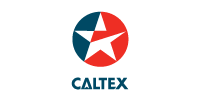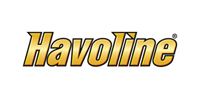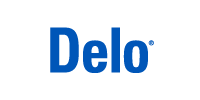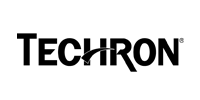LSPI In Mixed Fleets: Here’s How To Deal With It!


In our previous articles, we’ve spoken quite extensively about the trend of a large number of fleet operators looking to consolidate their inventory of engine oils. Fleet operators have been very attracted to the idea that they can use a single all-solution engine oil across the board for light, medium and heavy-duty vehicles instead of holding a range of lubricants in the inventory.
However, very recently operators have been facing this thing called LSPI (Low-Speed Pre-Ignition). It is believed that this could impact the lighter gasoline-powered vehicles.
To understand this issue better, let’s start with some context. As we know, the last decade has seen automotive manufacturers under a world of pressure to meet the somewhat strict requirements in terms of greenhouse gas emissions and fuel economy standards.
Even though these restrictions have largely been focused on passenger cars, they also apply to light-duty trucks that are quite often used by fleet operators. Many automotive manufacturers solved this challenge through the introduction of a new generation turbo-charged and gasoline direct injection (GDI) engines, which are smaller and designed specifically to provide better emission control and fuel economy with little or no compromise on performance and power.
While this may sound great, there was an unforeseen consequence. Downsizing the engines and generating more power caused an increase in LSPI instances. This happens when low speeds under heavy loads cause premature engine combustion before the spark ignition. The best-case scenario with LSPI is severe knocking while in the worst case there can even be fatal damage to critical components in the engine.
In response to this, the American Petroleum Institute (API) introduced a new specification called API SN Plus and called upon major lubricant producers such as Chevron to find a solution to the problem. The first license date for the new spec was May 1, 2018, and it was described as a “supplemental standard to the original API SN specification focusing on mitigating LSPI.
On the automotive side of Chevron’s business, the Havoline® ProDS® Fully Synthetic ECO 5 (0W-20, 5W-30) already address LSPI issues, far beyond the requirements specified for the API SN Plus. Also, we are in process of upgrading the line of Havoline passenger car motor oil (PCMO) to further protect engines against LSPI. Therefore, Havoline is definitely the way to go if you’re looking for a solution specifically for your fleet of gas-powered light-duty trucks.
However, if you’re still looking to consolidate the variety of oils in your inventory for your entire fleet, including diesel engines, we have a solution for you. Our Delo® 400 XLE SAE 10W-30, Delo® 400 XSP SAE 5W-40 and Delo® 400 XSP SAE 5W-30 are recommended for use for applications according to API SN Plus specifications.
As you know, the Delo brand is strongly established for use in light-duty and even mixed fleet operations. Adding to that, the Delo 400 product line is exclusive in the industry for meeting the API SN specifications across the line. Capitalizing on that, we are moving towards upgrading our syn-blend and synthetic products to deliver API SN Plus performance with viscosity grades that are sought out by the light-duty vehicle market.
Particularly in GDI engines, this is another instance where choosing the right oil can make a huge difference in providing adequate engine protection against severe consequences.
Chevron is making strides towards helping our consumers take full benefit of the fuel-efficient technologies available to them today, all while mitigating any risk of damage to the engine from LSPI.





























